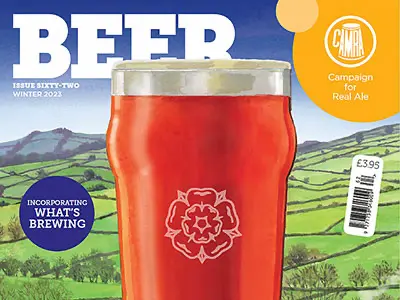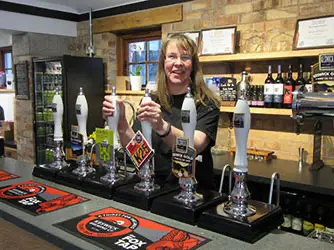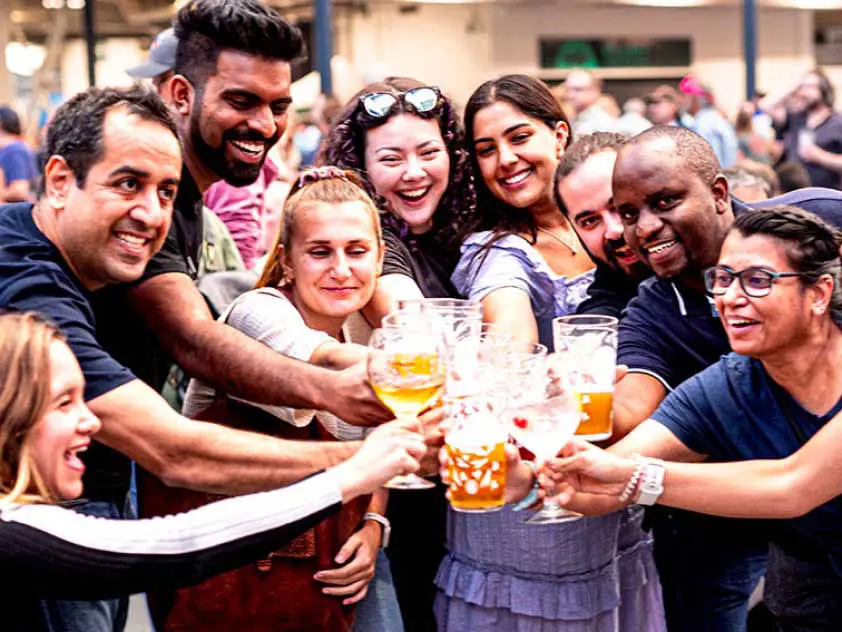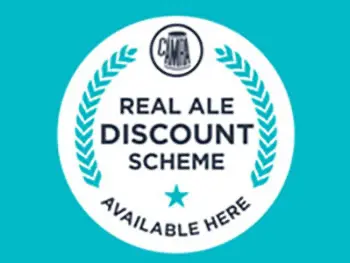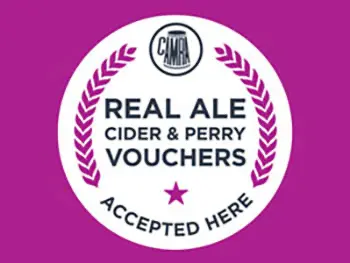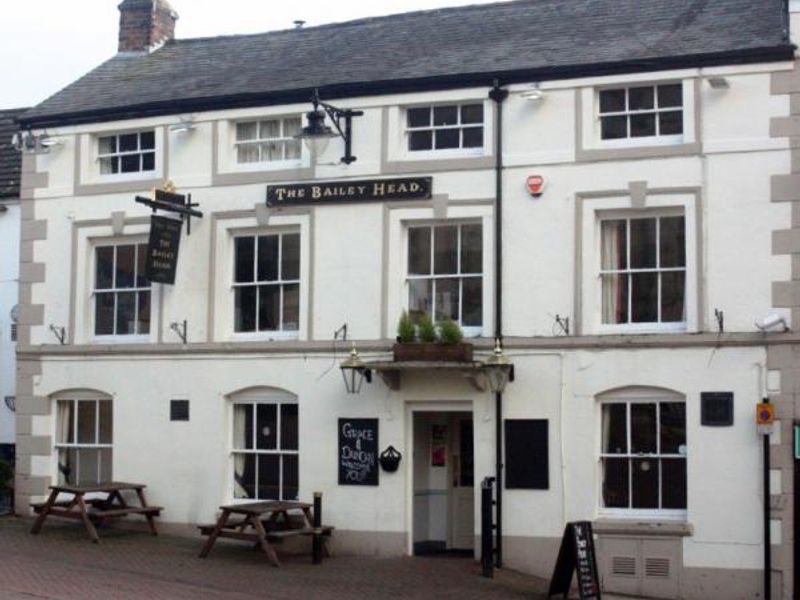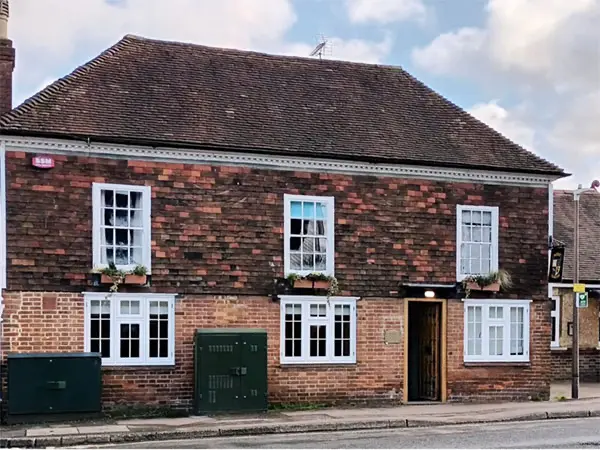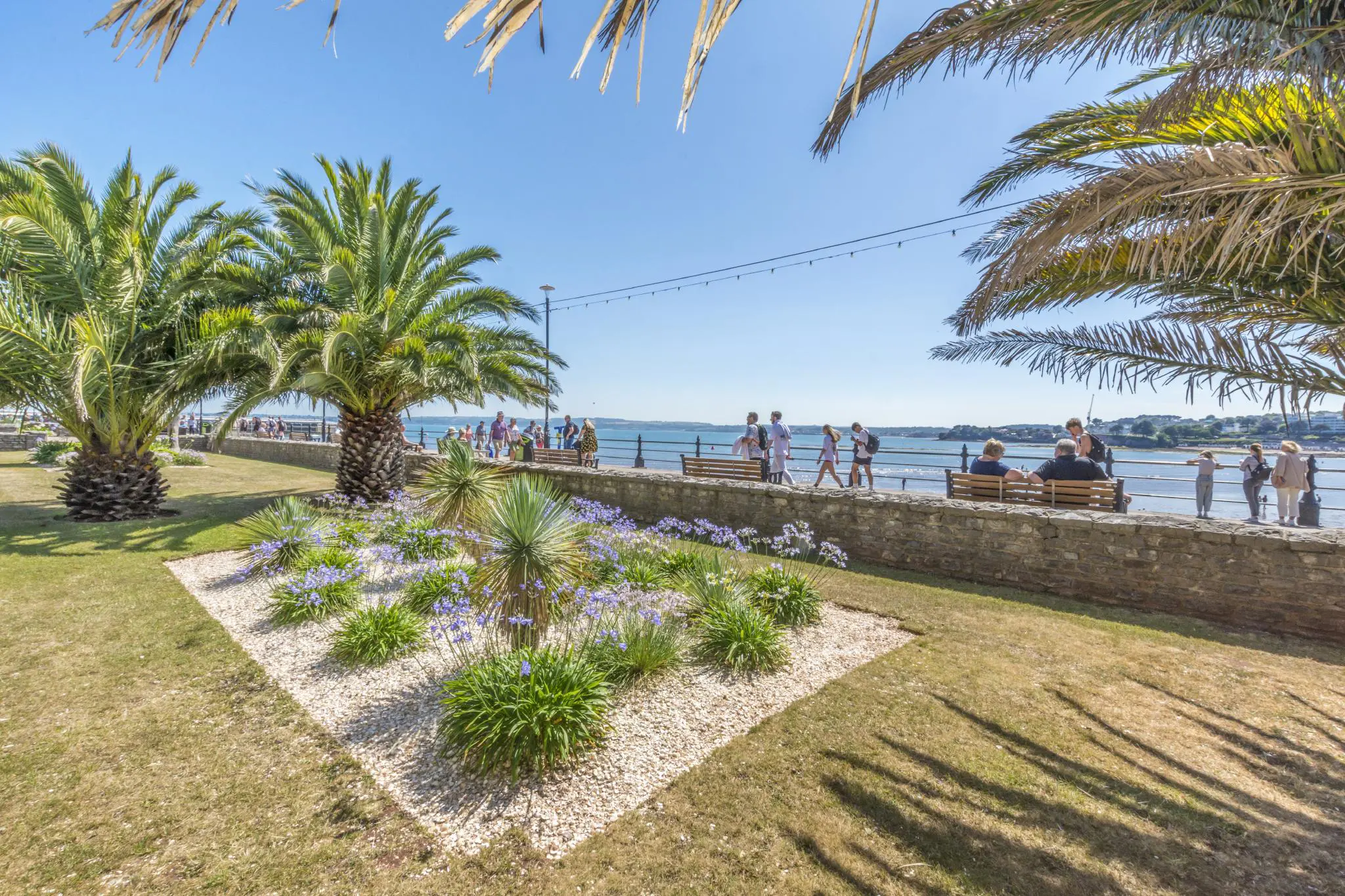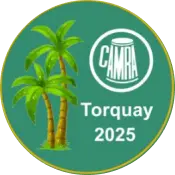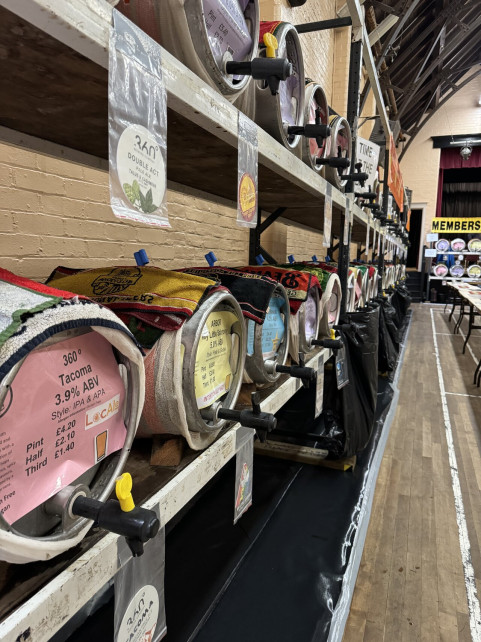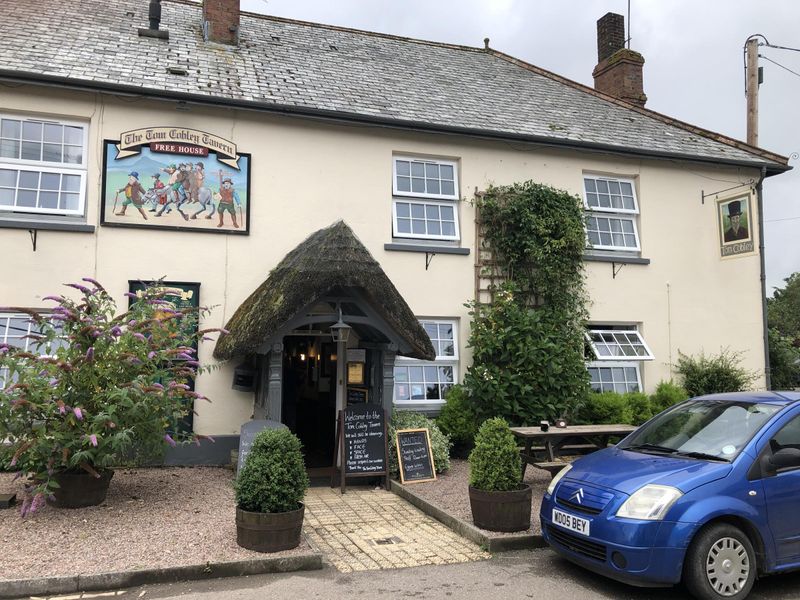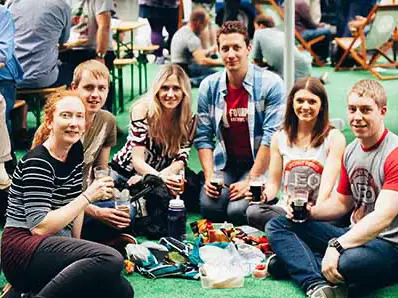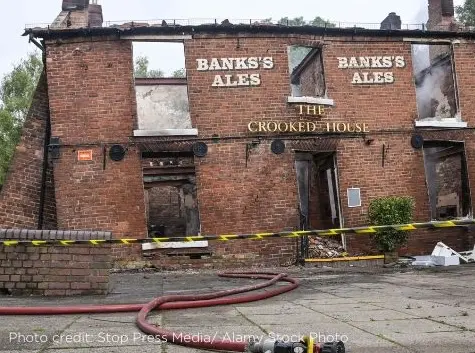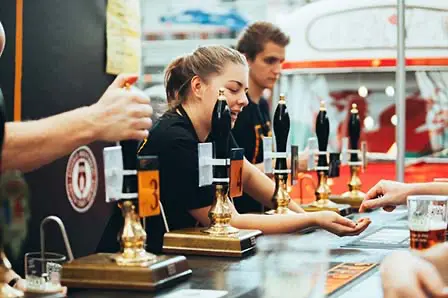COPs are a relatively recent phenomenon. The first was the Red Lion in Preston, Hertfordshire bought by the villagers from Whitbread in 1983 and still going strong. The next twenty years saw only a few more come along but the high profile reopening of the Old Crown, Hesket Newmarket, Cumbria on the cooperative model gave the sector a boost.
The next milestone was the Localism Act 2012 which introduced ACVs and the community right to bid. In 2013, the Plunkett Foundation launched its cooperative pubs advice line with government support. They followed this in 2016 with the More Than a Pub programme, funded by the government and the Power to Change Trust – this can offer financial support at all stages of a pub rescue campaign.
However, progress was relatively sedate and in 2017 we were aware of only 56 COPs – but since then there has been a significant acceleration. Our latest figures (November 2023) are:
192 COPs
24 Community run – freehold held by an individual or pubco, but community looks after day-to-day running
73 active campaigns
Of the COPs, 118 are Community Benefit Societies, 14 are Community Interest Companies, 42 are private limited companies and 11 are Parish Council-owned
Essex has the most COPs – 11 – followed by North Yorkshire with nine, Devon and Suffolk, both with eight, then Oxfordshire, Buckinghamshire and Norfolk, all with seven. On the flipside, there are none in the West Midlands, one in Merseyside, four in Greater Manchester and five in Greater London.
You could characterise the typical COP as being located in a relatively affluent village but there are quite a few exceptions. The Bevy in Brighton for instance is a classic estate pub and the Ivy House, Nunhead, London is a big suburban local.
Plunkett do deserve a special shout out as they’ve been real game-changers in this arena. The foundation has existed since 1919 and has been promoting the community owned cooperative model ever since. They aren’t just about pubs but all kinds of community businesses. Something that has to be mentioned is that they’re wedded to the CBS model given their history and there are other models such as Community Interest Companies and plcs and in some circumstances these may be a better solution – so CAMRA always encourages community groups to explore all options.
The most remarkable statistic around COPs is that, so far, they have a 100% success rate. A few have been sold on to the private sector once the business had been re-established but all the rest have survived and thrived. The reasons aren’t, perhaps, hard to understand. People in the community with a direct stake in the business will obviously support it and encourage others to do so. More importantly, the whole community will see the pub as ‘theirs’ which generates levels of loyalty and commitment that other operating models can only dream of. Also, most businesses own the freehold of the pub outright so their outgoings during periods of restriction, like the present, are manageable compared with others. They can therefore much better withstand the pressures that are causing other pub businesses to shut down.
The key, though, is the connection with the community and that’s what makes these pubs such precious and valuable assets.
